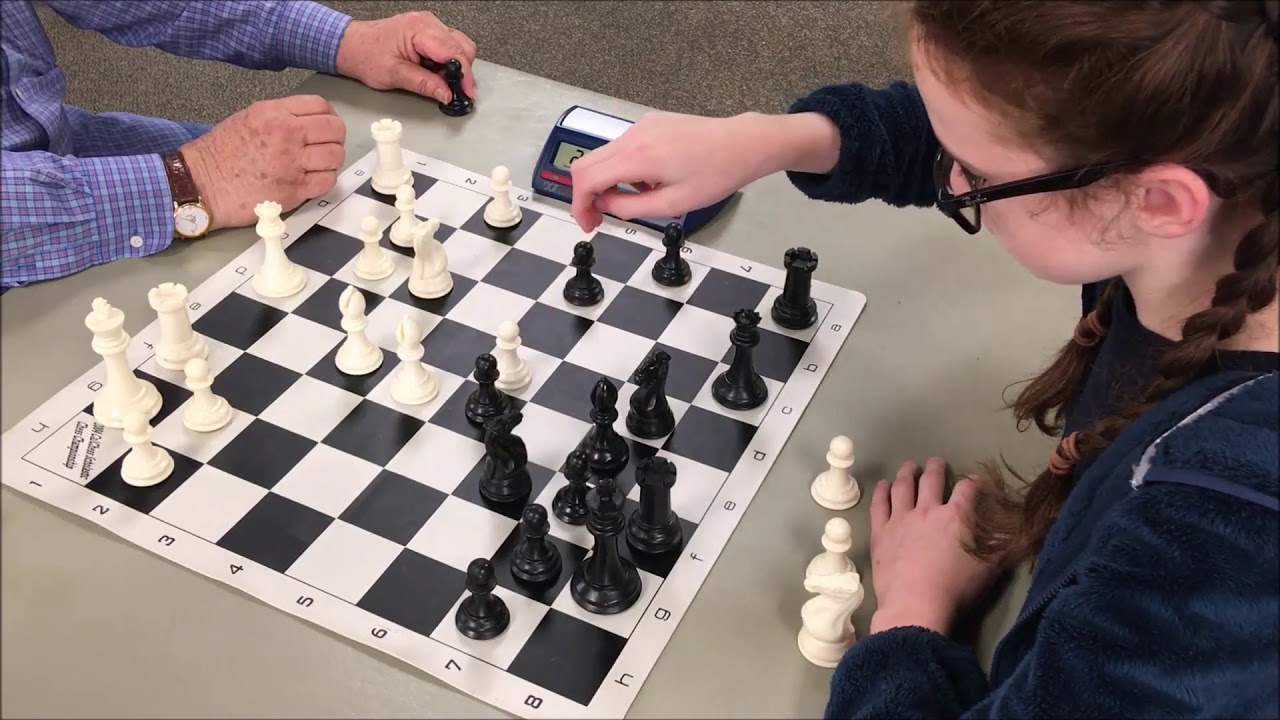Chess, a game steeped in centuries of tradition, is no stranger to evolution. From its ancient roots to the digital age, it has constantly adapted, sometimes gracefully, sometimes with a reluctant sigh from purists. Now, the international governing body, FIDE, is embarking on one of its most intriguing experiments yet: the “Fast Classic.” This pilot project aims to introduce shorter time controls for tournaments that still count towards the coveted standard rating list, potentially reshaping how we perceive and play competitive chess.
The Time-Honored Pace: A Double-Edged Sword?
For decades, the hallmark of classical chess has been its lengthy time controls. Players are often granted upwards of 90 to 120 minutes each, sometimes with additional increments per move. This extended duration allows for deep strategic thought, intricate tactical calculations, and the unhurried pursuit of perfection. It`s the purest test of intellect, a marathon of the mind where every move is painstakingly deliberated.
However, in our rapidly accelerating world, even the most revered traditions face scrutiny. Tournament organizers grapple with the logistical complexities of multi-day events requiring extensive venue and staffing commitments. Players—many with demanding careers, academic pursuits, or family responsibilities—find it increasingly challenging to commit to such time-intensive formats. The beauty of the long game remains, but its practical accessibility in modern life is a growing concern.
Current FIDE regulations for standard rating reflect this traditional emphasis on duration. For a game to be rated as standard, assuming it lasts 60 moves, the minimum time controls are:
- If at least one player is rated 2400 or higher: a minimum of 120 minutes per player.
- If at least one player is rated 1800 or higher: 90 minutes per player.
- If both players are rated below 1800: 60 minutes per player.
These requirements underscore the expectation of a lengthy, thoughtful engagement, which, while ideal for strategic depth, can be a formidable barrier for many in a time-scarce society.
Introducing the “Fast Classic”: A Glimpse into the Future?
FIDE’s “Fast Classic” concept is a direct and pragmatic response to this evolving landscape. The pilot project will test tournaments using a specific, significantly shorter time control: 45 minutes per player plus a 30-second increment per move, starting from move one. This isn`t merely rapid chess masquerading as classical; the generous increment ensures that players still have time to think critically in complex positions, particularly as the game progresses into the later stages. It aims to strike a balance, offering efficiency without fully sacrificing depth.
To assess its viability and gather crucial data, FIDE has approved three initial pilot events:
- The Qatar Cup (September 7–13)
- The QCA Training Center September Tournament Classical (September 25–27)
- The Women`s World Team Championship (November 17–24)
These events will operate under standard-rating rules but with crucial distinctions designed for the experimental phase. Notably, no title norms will be awarded. This is a sensible and pragmatic decision, allowing FIDE to test the format`s impact on player performance and rating stability without diluting the prestige of existing Grandmaster and International Master titles. Additionally, organizers are restricted to scheduling no more than two rounds per day, balancing the desire for tournament efficiency with the paramount need for player recuperation and maintaining a high quality of play.
Why Now? The Rationale Behind the Shift
The impetus for the “Fast Classic” is clear and compelling: a demonstrable demand from both players and tournament organizers. As one might observe, even in the stoic, timeless world of chess, the modern adage that “time is money” (or perhaps, “time is participation”) holds increasing sway. Shorter formats inherently allow for greater player participation, significantly reduce organizational overheads, and align better with contemporary busy schedules.
The original idea itself isn`t entirely new. It gained significant traction through the advocacy of Oleg Skvortsov, a prominent chess patron and former organizer of the high-profile Zurich Chess Challenge. Skvortsov`s vision centered on creating events where individual rounds could realistically conclude within two to three hours. This duration makes it feasible to host two meaningful rounds in a single day, dramatically shortening the overall length of a tournament without exhausting participants or compromising too much on the strategic content of the games.
This initiative represents FIDE`s commitment to remaining relevant, accessible, and inclusive. It’s an acknowledgment that while the core essence of chess endures, its presentation and practical packaging can, and perhaps should, evolve to meet the practicalities and preferences of the 21st century chess community.
A Calculated Experiment: What`s Next?
FIDE is approaching this matter with commendable diligence and a clear scientific method. The pilot tournaments are not merely a whim; they are a critical real-world test case. After their conclusion, a thorough analysis of the outcomes will be conducted, encompassing everything from game quality and competitive integrity to player satisfaction and rating system stability. Feedback from participants and organizers will be paramount in shaping any future decisions.
Will the “Fast Classic” become a permanent fixture, a new and distinct category of standard-rated chess that effectively bridges the gap between traditional classical and rapid play? Or will it remain an interesting footnote in the game`s long and illustrious history? Only time – perhaps a slightly shorter amount of it – will tell. What is certain, however, is that FIDE is actively exploring innovative pathways to keep chess vibrant, competitive, and relevant for generations to come, balancing revered tradition with the undeniable, unstoppable march of modernity.

